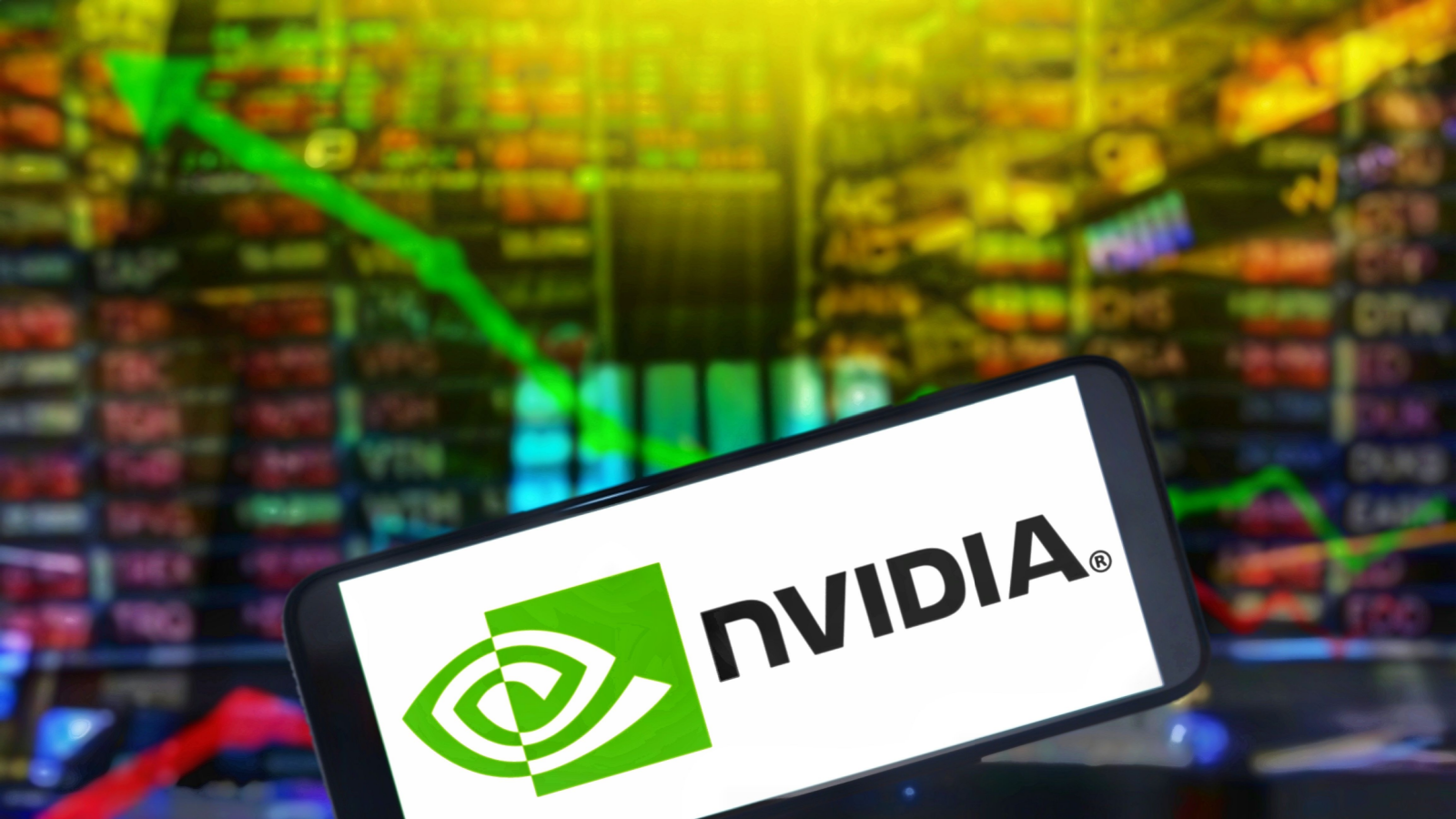For many investors, the sudden rise of Nvidia (NASDAQ:NVDA) stock is a mystery. Telling them it’s about AI only deepens the mystery.
This means many people are getting in on a good thing without knowing what the good thing is.
Since the start of 2023, NVDA stock is up over 210%. They’re worth 48% more than they were in November 2021, the height of the last bull market.
To fully understand this explosion, you need to know a little more about AI, about clouds, and about Nvidia itself.
A Closer Look at NVDA Stock
AI is all about doing a lot of math fast. It’s less about processing instructions than performing complex tasks.
Cloud data centers are upgrading from cheap CPUs to GPUs, like those Nvidia makes. They’re more focused on speed than costs. Costs, the industry believes, can be amortized.
Nvidia prepared for this new age by buying Mellanox in 2020 for $7 billion. It now seems like the bargain of the century.
Mellanox makes a system for moving data between machines faster, and at lower net cost. This let it build beyond its chips, creating a complete hardware-software system for the cloud.
The first big demonstration of this came from Meta Platforms (NASDAQ:META), which launched its AI Research SuperCluster early last year. The system proved the value of spending bigger to get faster processing of complex data sets.
Microsoft (NASDAQ:MSFT), quickly came on board followed by every company wanting to do business like them, or be compatible with them, even Snowflake (NASDAQ:SNOW).
Hope For Rivals?
Nvidia’s ability to combine its chips into a system surrounded by software has given it a dominant position among suppliers. Analysts expect revenue growth of 36%, and even faster growth in profits. Is that worth 28 times revenue?
Despite my admiration for the company, and the fact I still hold shares in it, I don’t think so. This is based on two decades spent watching the cloud develop, and two decades before that tracking technology full-time.
Here is the lesson. Cloud Czars are cheap, in the nicest possible way. They like to build monopolies, where they control the market. They don’t like to endorse monopsonies, where there’s only one seller.
Predictions of a $300 billion AI chip market, with Nvidia holding 75% of it, thus look overblown. Microsoft, Meta and Qualcomm (NASDAQ:QCOM) are already working to move AI workloads off the cloud https://about.fb.com/news/2023/07/llama-2/. Alphabet (NASDAQ:GOOG) (NASDAQ:GOOGL) is diversifying toward Advanced Micro Devices (NASDAQ:AMD). Lower costs will induce other Czars to seek new architectures they control.
The Bottom Line
I remain bullish on Nvidia as a business. Beyond its sales of hardware and software, the company is becoming an AI venture capitalist.
Some of those investments, like a recent $50 million deal with Recursion Pharmaceuticals (NASDAQ:RXRX), which wants to use AI to direct drug discovery, could pay off big.
But clouds are always evolving, and the mix between client-and-server in AI is going to evolve as well. Even if you accept analyst growth estimates for 2025, Nvidia is currently priced well above its fundamentals.
Some news event could easily send Nvidia stock down. Maybe it will be a big AMD or Intel (NASDAQ:INTC) contract, or a competitive architecture, built with a Cloud Czars own chips.
You need to understand that before buying at today’s nosebleed valuation. Diversify your holdings.
As of this writing, Dana Blankenhorn held LONG positions in AMD, INTC, GOOGL, MSFT, QCOM, and NVDA. The opinions expressed in this article are those of the writer, subject to the InvestorPlace.com Publishing Guidelines.
